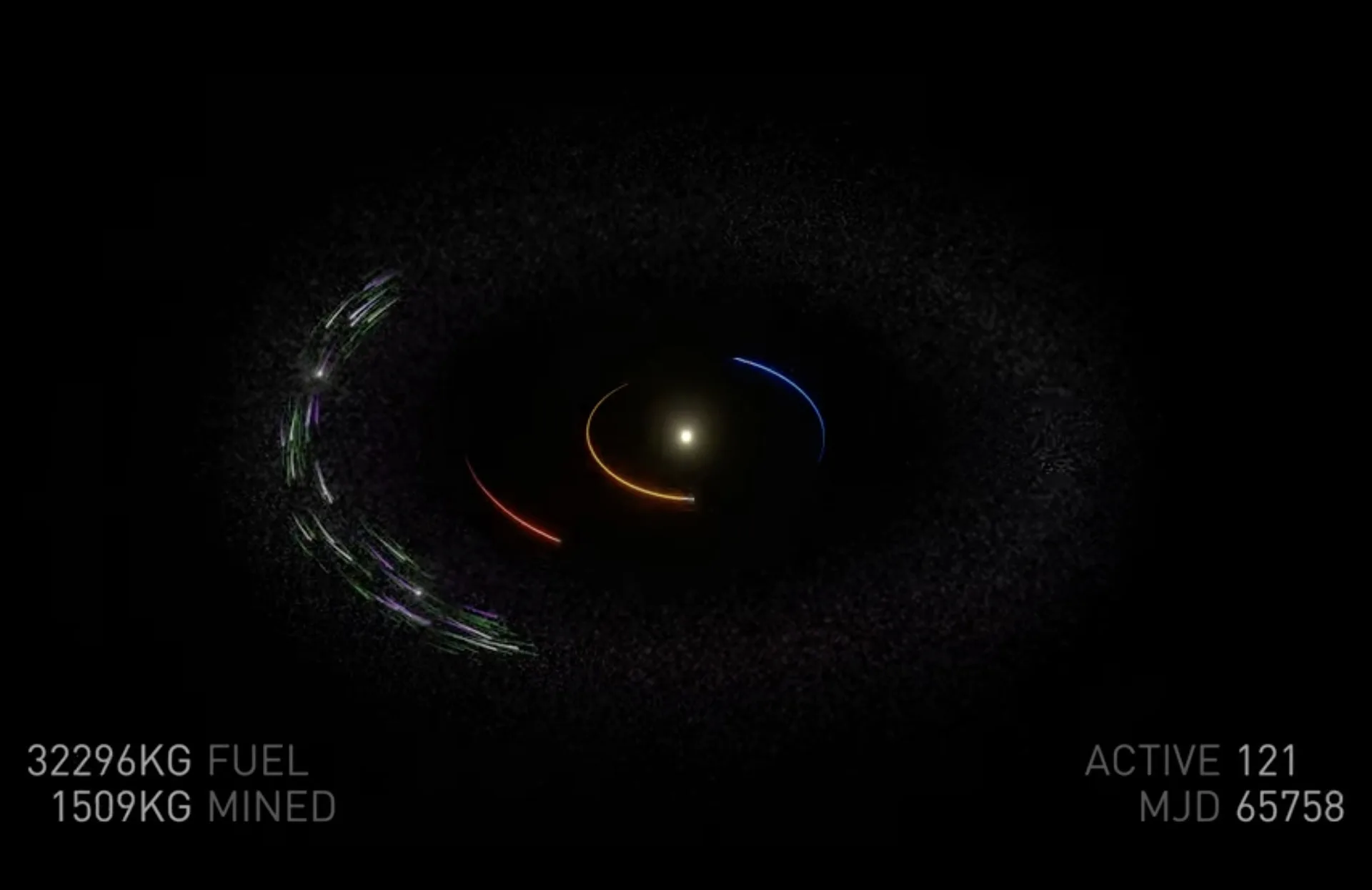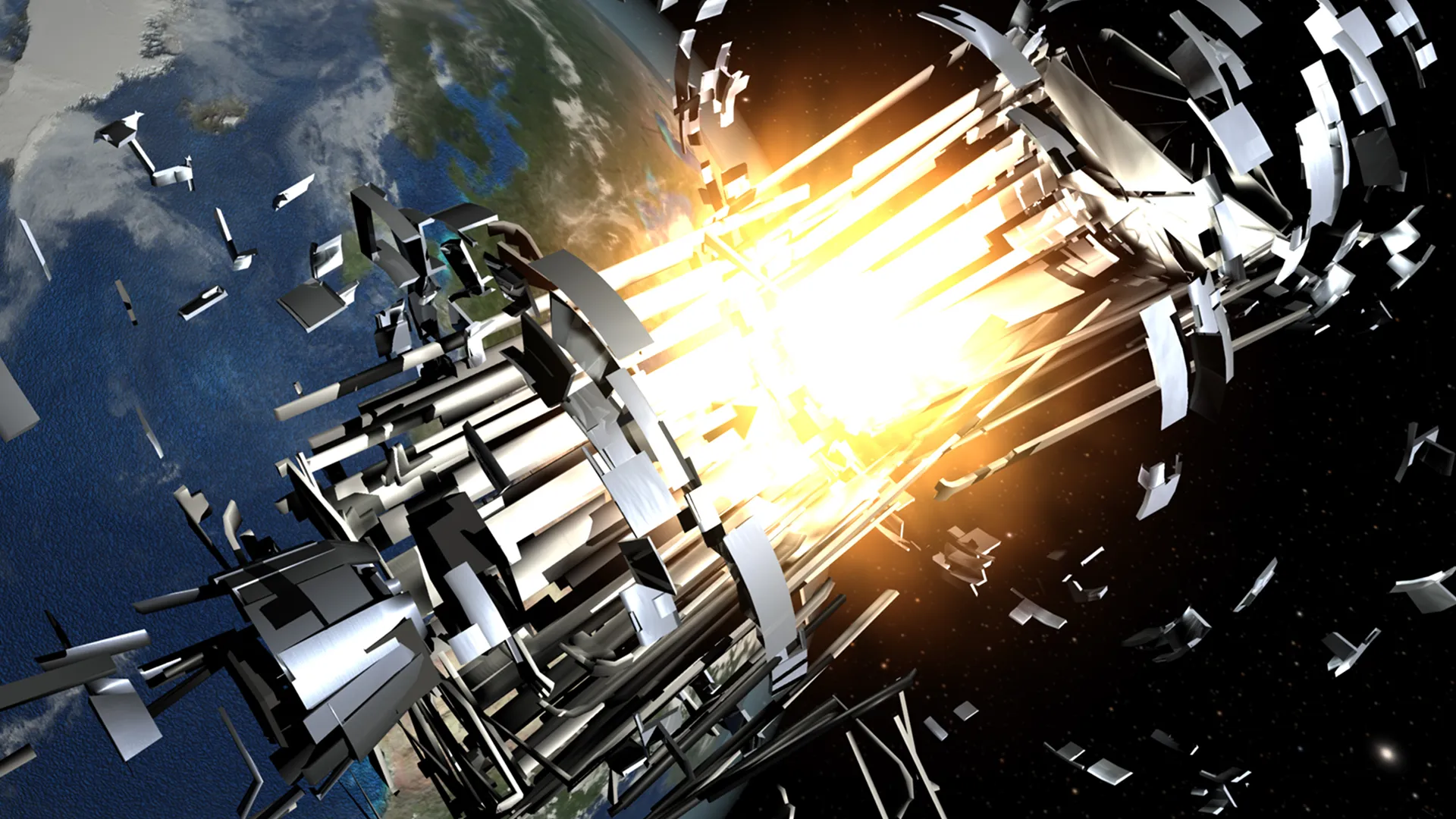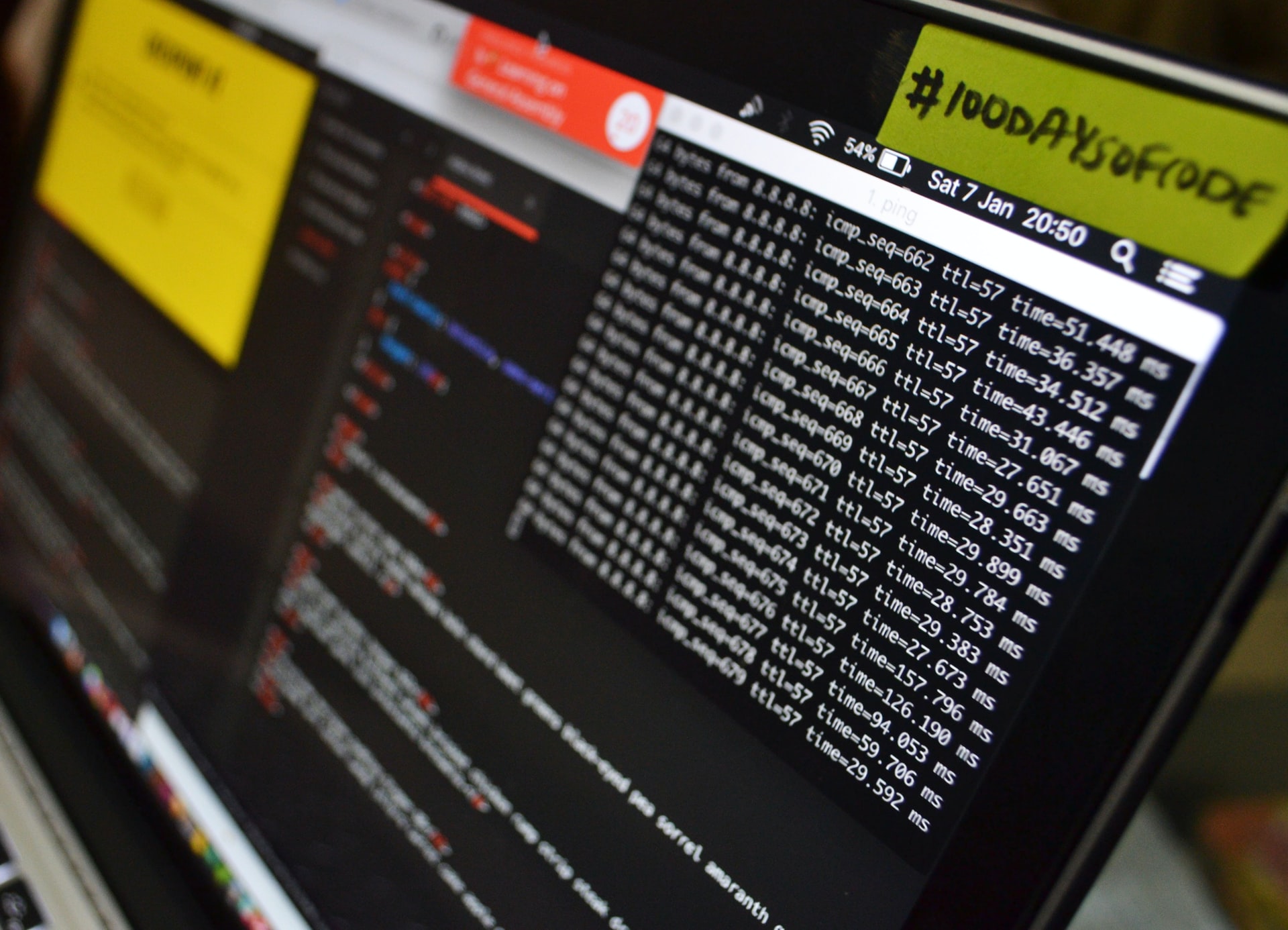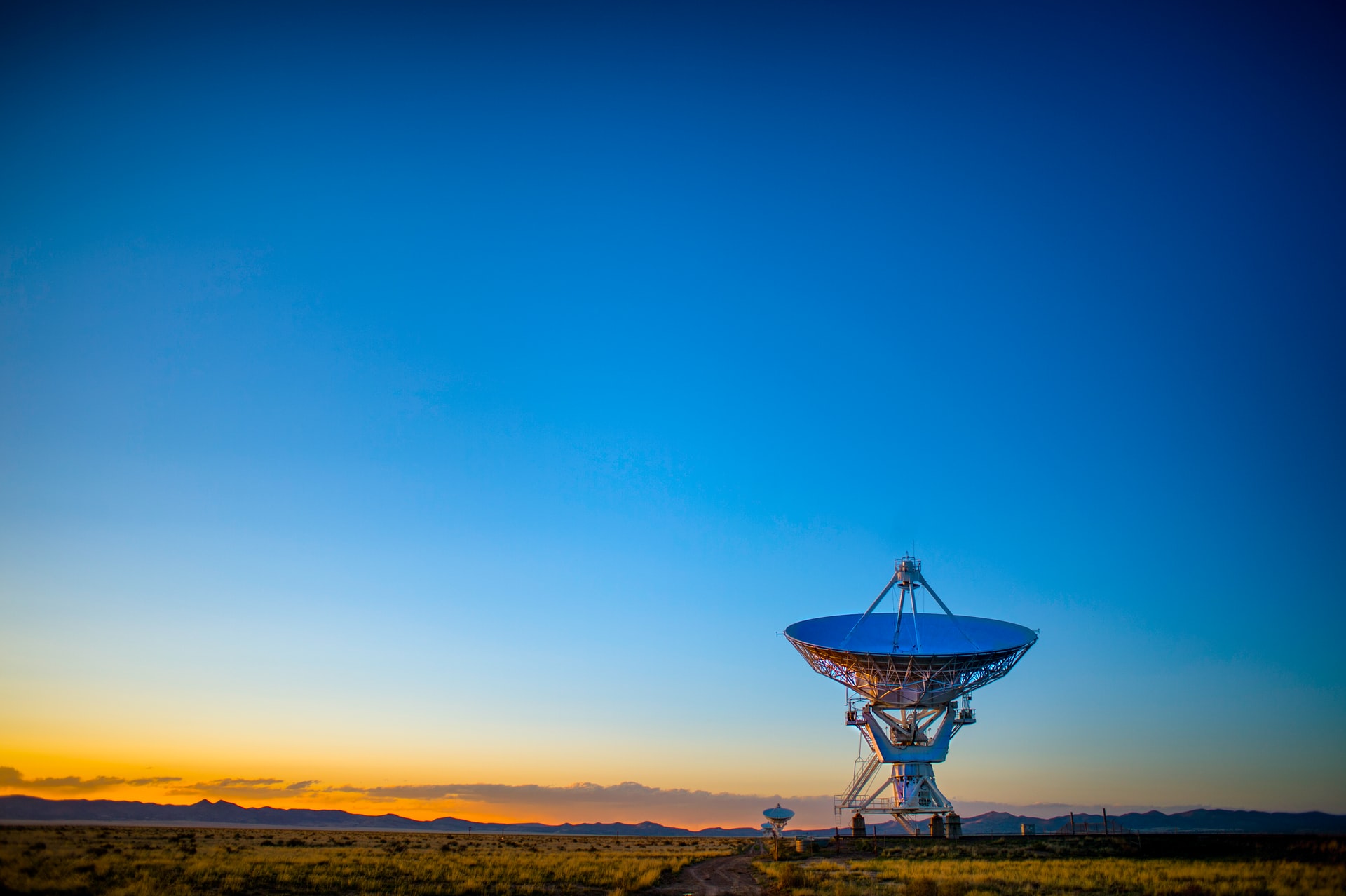
OKAPI:Orbits and Vyoma selected for INTEGRAL
Published on Fri, 09.07.2021 – 13:52 CEST in Downstream, covering OKAPI:OrbitsIn addition to Airbus Space and Defence and Telespazio VEGA Deutschland, the two German NewSpace companies OKAPI:Orbits and Vyoma may also participate in the EU's INTEGRAL program. This will allow them to make a critical contribution to making near-Earth space safer. Space Situational Awareness (SSA) aims to accurately detect rocket launches, orbiting satellites and space debris. This is to avoid collisions and prevent any threats. In addition, an early warning component will enable missile and rocket launches to be detected and analyzed for reconnaissance and air defense purposes. The INTEGRAL project is scheduled to last 28 months and includes a maximum EU grant of 7.5 million euros.
Both OKPAI:Orbits and Vyoma are already working on systems to automatically prevent satellite collisions. The dramatic impact of such a collision was demonstrated on Feb. 10, 2009, when two satellites collided in Earth orbit for the first time in history. At an altitude of just under 800 km, the Iridium 33 and Kosmos 2251 communications satellites collided and were completely destroyed. As a result of the collision, about 100,000 fragments were formed, which orbited the Earth for decades. Of these, about 2,000 fragments are between 5 and 10 centimeters in size, posing a serious threat to space travel. Evasive maneuvers by satellites, the International Space Station ISS and spacecraft such as Soyuz (Roskosmos) and Dragon (SpaceX) are already part of everyday life and are indispensable. This is because, in the worst case, the fragments can hit other objects in orbit and trigger a chain reaction, whereby the cloud of debris that forms would make space travel impossible for generations - the so-called Kessler effect.
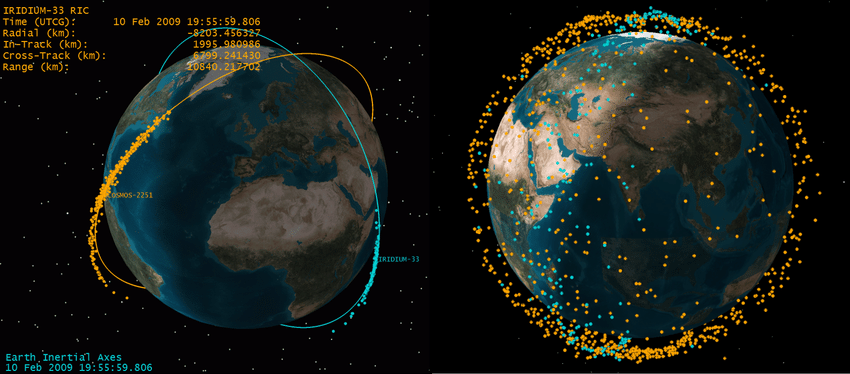
© Brad Sease, data reduction for different optical observers using basic dynamical and geometric analysis.
EDIDP background
As part of the European Defense Action Plan (European Defence Industrial Development Programme (EDIDP))it was decided to provide financial support for the development of military products and technologies, provided that at least three companies in at least three EU countries participate in a specific project. The development phase is followed by a research phase, which, however, does not include the procurement of military equipment. Financial support, mainly in the form of grants, is provided, for example, for the design, prototyping and testing of defense products. The aim is to increase the competitiveness and innovative capacity of EU industry active in the defense sector, with priority given to small and medium-sized enterprises, mainly based in the EU. EDIDP is a two-year program (2019-20) and aims to support the efforts of the EU defense industry in developing defense equipment and technologies through co-funding from the EU budget. EDIDP has a total budget of €500 million for 2019 and 2020.
INTEGRAL background
The INTEGRAL (Innovative and iNteroperable Technologies for spacE Global Recognition and Alert) project will investigate, design, prototype, and test an advanced, flexible, and modular architecture for space surveillance (Command and Control, CS). SSA data generated using sensors and optimized data collections shall be processed and exploited to produce a complete military space picture. The services and functions should provide maximum technological benefit and rely on innovative algorithms. Based on the capabilities of artificial intelligence as well as machine learning, the aim is to overcome the limitations of current SSA C2 systems and pave the way for achieving European independence in military SSA.
via European Commission Defence and Space Industry, Vyoma, Ariane Group



